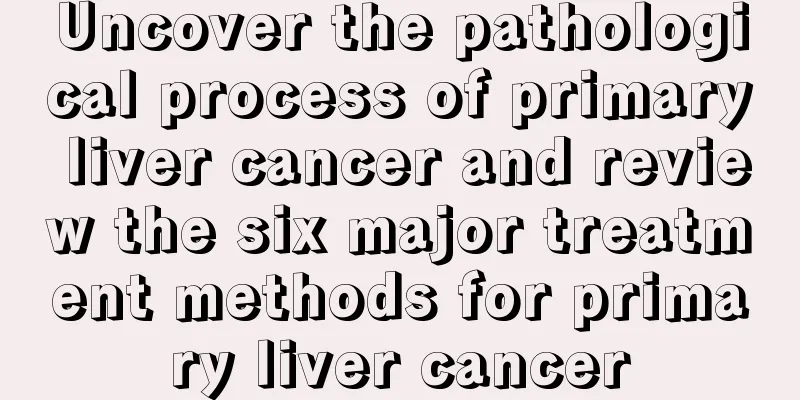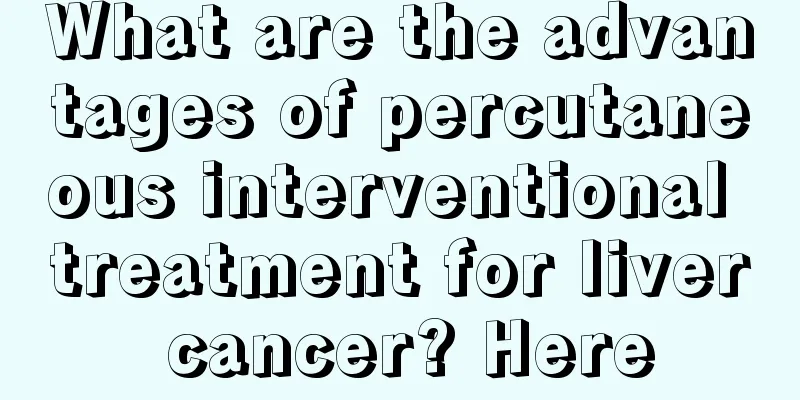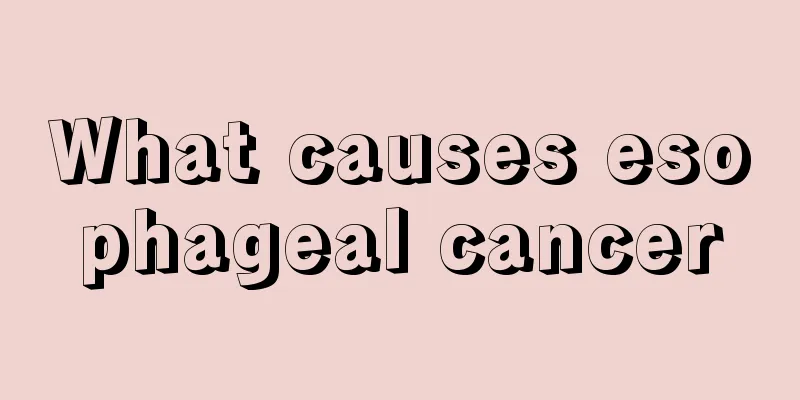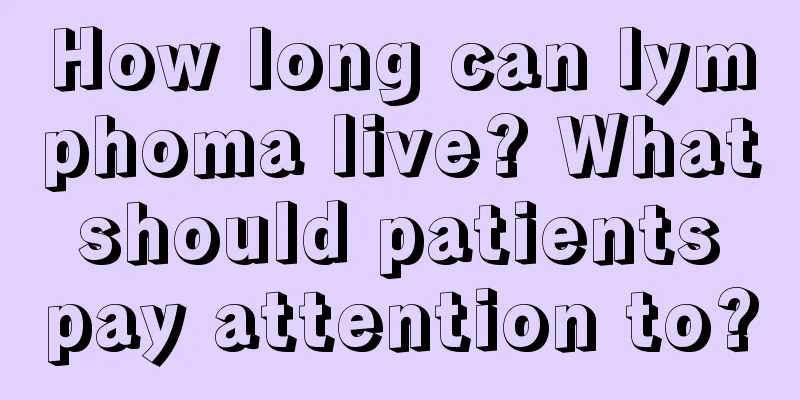How to treat esophageal cancer in the eighties

|
Esophageal cancer patients in their eighties can improve their quality of life through a comprehensive treatment strategy. Common methods include surgery, chemotherapy, and palliative care. An individualized plan needs to be developed based on the patient's physical condition and tumor stage, while paying attention to nutritional support and mental health. 1Surgery: Surgery is one of the main treatments for esophageal cancer, especially in early-stage esophageal cancer. However, for patients over 80 years old, it is necessary to focus on evaluating their overall physical condition, such as cardiopulmonary function, to ensure their tolerance to surgery. Common surgical methods include "transthoracic esophagectomy" or "endoscopic minimally invasive esophageal surgery." If large-scale resection is not suitable, local resection can be considered. 2. Chemoradiotherapy: For patients with advanced esophageal cancer or who cannot tolerate surgery, radiotherapy and chemotherapy are important options. Radiotherapy kills cancer cells through high-energy rays, while chemotherapy inhibits tumor growth through drugs. Elderly patients may need to reduce drug doses and use intermittent treatment to reduce side effects. Commonly used chemotherapy drugs include paclitaxel and cisplatin, and precise regulation of radiotherapy doses can reduce damage to organs around the esophagus. 3. Palliative treatment: Elderly patients who are not suitable for aggressive surgery or chemotherapy can choose palliative care to improve their quality of life. For example, stent implantation can be used to expand the narrow esophagus and relieve dysphagia; painkillers and anti-inflammatory drugs can also be used to relieve symptoms. Palliative care is not a cure, but is intended to enhance the patient's comfort. 4 Nutritional support and mental health management: Patients with esophageal cancer in their eighties usually have problems with insufficient nutrition intake and should be managed by a professional nutritionist. On the one hand, they can choose a high-protein, high-calorie diet or nutritional supplements, and ensure energy supply through gastric tube feeding when necessary; on the other hand, paying attention to mental health and providing appropriate support and encouragement can help improve treatment compliance and quality of life. In order to develop a scientific treatment plan, esophageal cancer patients in their 80s need to communicate closely with their doctors and choose the appropriate treatment method based on their physical condition, cancer stage and personal wishes. Regular review and timely adjustment of treatment methods can effectively enhance the treatment effect and improve the patient's quality of life. |
>>: The difference between uterine cancer and ovarian cancer
Recommend
How to do yoga movements to treat cervical spondylosis?
Cervical spondylosis is a very common joint disea...
Is grade one brown sugar better or grade two brown sugar?
Brown sugar is divided into several grades, and e...
How to use hairpins
Every woman wants to have a beautiful hairstyle, ...
Chronic colorectal inflammation with hyperplasia and treatment
Chronic colorectalitis is an inflammatory disease...
Why do you get varicose veins
Varicose veins are a very common disease in daily...
Get up early and look in the mirror to check your health in five places
Certain physical discomforts or precursors of ill...
Two things to note after radical surgery for colorectal cancer
I am a 54-year-old female colon cancer patient wh...
Should I go to the gastroenterology department for colorectal cancer?
For colorectal cancer, you can go to the gastroen...
Three-minute tips to relieve headaches
Headache is a common symptom. There are many reas...
Dietary considerations for thyroid cancer patients
What are the dietary precautions for patients wit...
Why do patients with pituitary tumors suffer from headaches
Nowadays, more and more people in society suffer ...
What kind of exercise is good for the lumbar spine?
The health of the waist is very important, becaus...
Who can't eat grass carp
Generally speaking, most people can eat grass car...
Do I need to fast to test uric acid?
Uric acid is generally used to test kidney functi...
Menopausal tachycardia
Menopause is a special period for women. During t...









